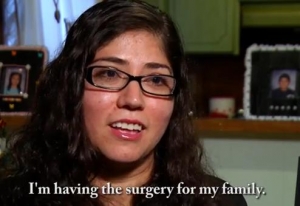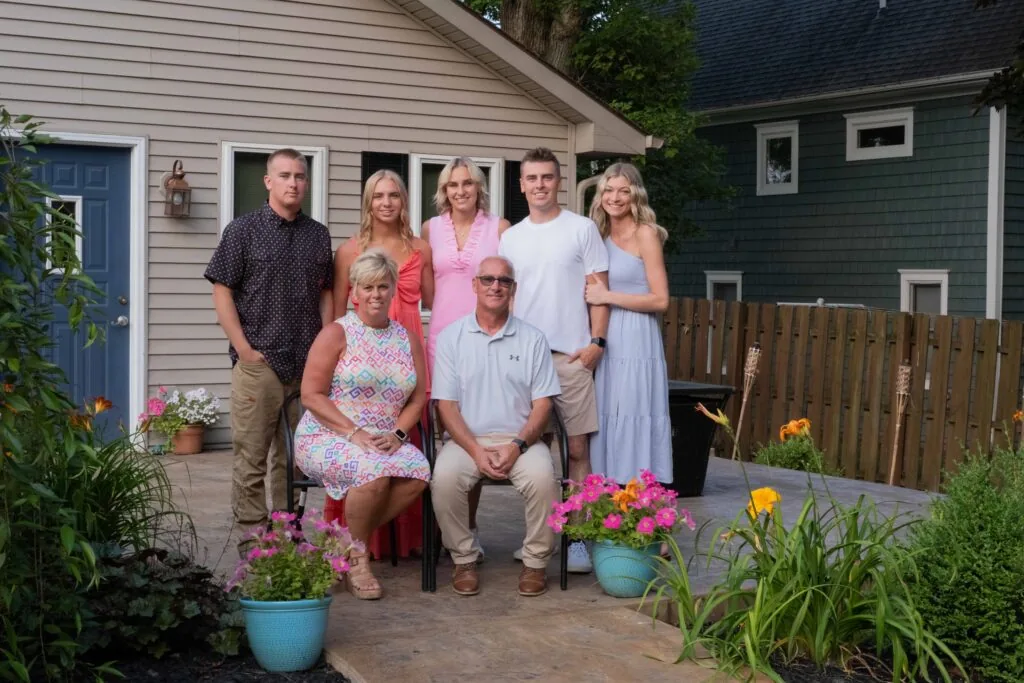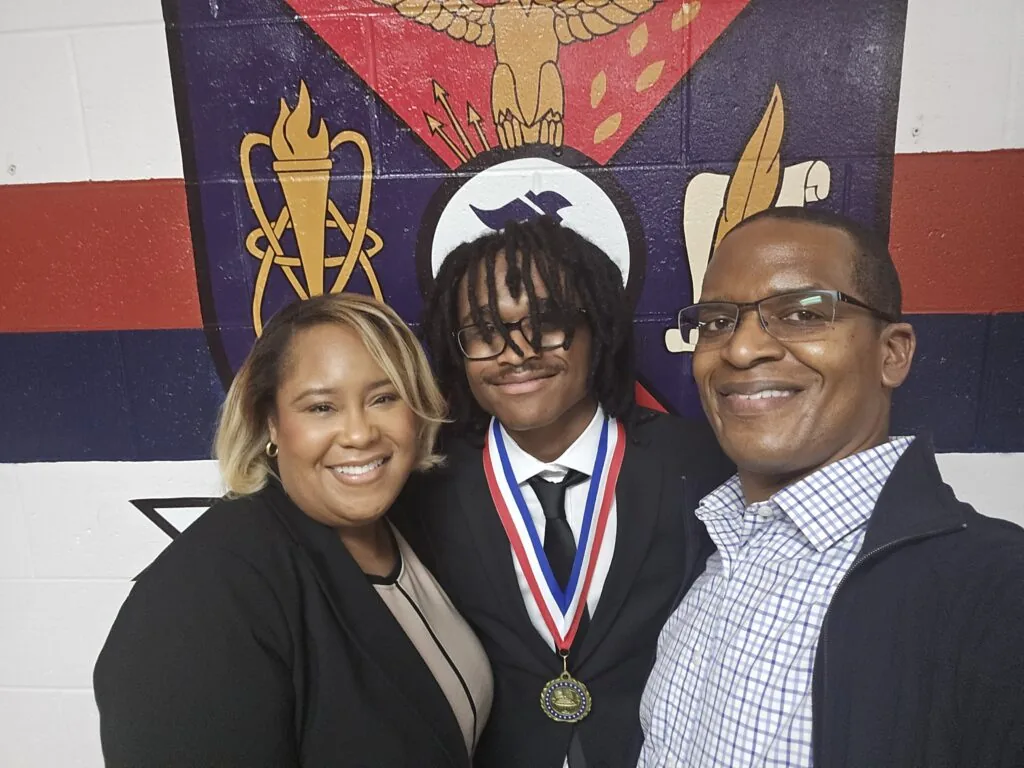Here’s what life was like for Leslie Palacios before she received the gift of a cornea donation from a deceased donor: She struggled to help her kids with their homework. She could attend their sporting events but not tell what was going on. And when her husband did a triathlon, she was unable to see him cross the finish line.
All of that changed with Leslie’s cornea transplant.
But that’s not the main reason Leslie is so passionate about getting people, especially in the Hispanic community, to learn about organ, tissue and eye donation. Leslie knows that the hereditary condition that caused pain in her eyes and caused her vision loss also affects her daughter, Stephanie.
One day, Stephanie also will need a cornea transplant.
More than 100 Michigan patients of Hispanic decent currently are waiting for an organ transplant. Last year, 49 Hispanic patients received a life-saving transplant in Michigan, the most ever! But sadly, six Hispanic patients in the state died waiting for a transplant in 2018.
The organ transplant matching process relies on genetic compatibility, which is often greater among people who share an ethnic heritage. If more Hispanic/Latino people became organ donors, perhaps more lives could be saved in the community.
Thousands more people need the gifts of tissue and cornea transplants to improve their quality of life. These gifts of mobility, healing and sight do not rely on genetic matching, but are important within the community.
Just ask Leslie. Her new vision is a gift, literally, and also one in which no one in any community must suffer or die while waiting for a transplant.








